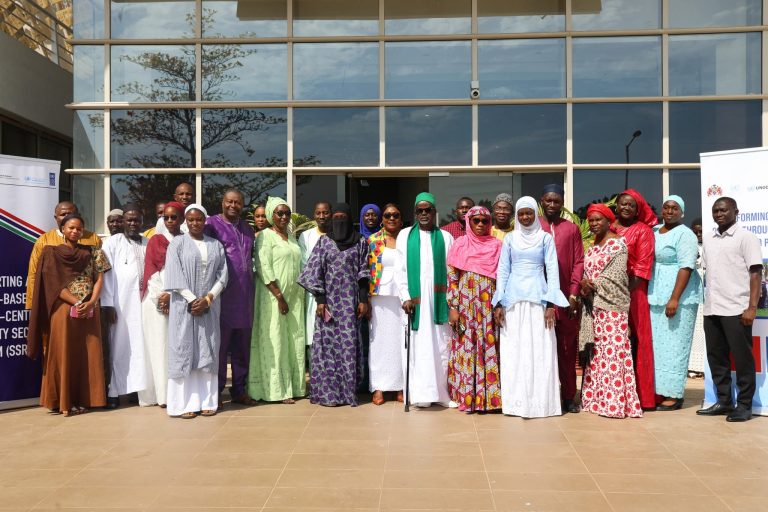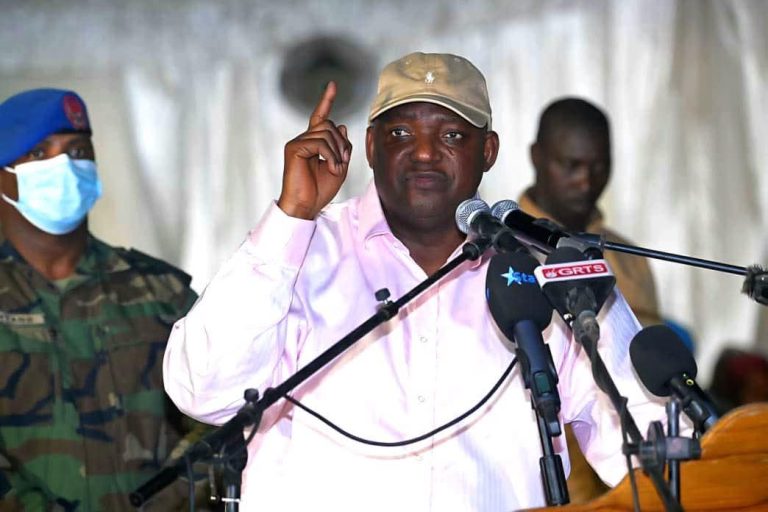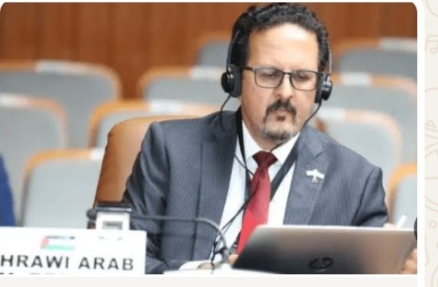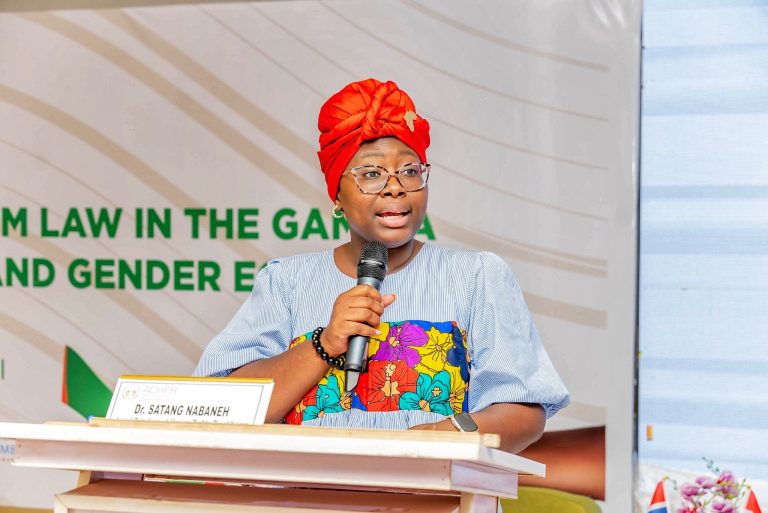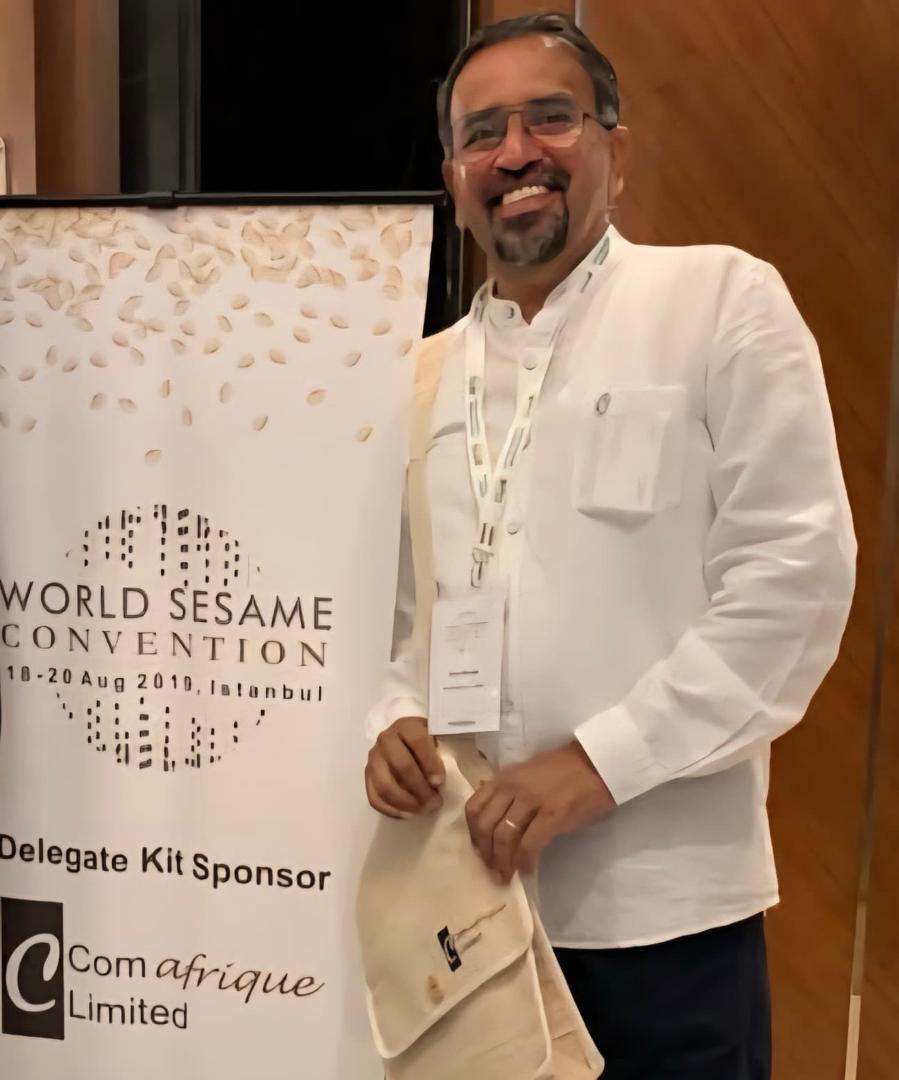
By -Pa Modou Cham
Sitting in his modest office in Banjul, Hon. Ram Mohan exudes both humility and pride. The Indian-born businessman, who came to The Gambia in 1998, now serves as the Honorary Consul General of India, a role that bridges the decades-old friendship between the two nations.
What began as a business venture in the Sesame sector and pioneering the development of the cashew industry has since evolved into a diplomatic mission grounded in trade, education, and cultural exchange.
“We were among the first to introduce cashew nuts and sesame to The Gambia on a large scale,” Mohan recalls. “Today, cashew has become a key crop, helping diversify the economy beyond peanuts.”
Appointed in 2003, Mohan’s Honorary Consulship was serendipitous, a result of a visit with an Indian ambassador and a former Gambian president. Since then, he has become a central figure in strengthening ties between New Delhi and Banjul.
A Bond Beyond Borders
The India-Gambia relationship dates back more than half a century, nurtured by shared values, education, and people-to-people connections. Indian teachers once filled Gambian classrooms, and today, education remains a pillar of bilateral cooperation.
“When I first came here, only 12 ITEC scholarships were available annually,” Mohan explains. “Now, 60 to 70 Gambians go to India each year on fully funded government training programs, along with around 20 students on degree scholarships.”
These training opportunities span civil service, ICT, and public administration, empowering Gambians with vital skills.
Diplomatic Passports, Open Doors
In 2019, a major diplomatic milestone was achieved: a visa waiver agreement for holders of diplomatic and service passports from both nations.
“Ministers and officials can now travel freely between the two countries without visa requirements,” he says. “It’s a testament to the strength of our bilateral relations.”
But challenges remain. One of Mohan’s long-standing frustrations is The Gambia’s one-year limit on residence permits and driving licenses, even for investors with decades of business contributions.
“I’ve been here nearly 27 years and still apply for a one-year permit,” he laments. “A five-year system for serious, contributing investors would go a long way.”
The AKI Tragedy and Maiden Pharmaceuticals
When over 70 children in The Gambia tragically died in 2022 from Acute Kidney Injury (AKI), linked to contaminated medicine from India, eyes turned to the Indian government for accountability.
Asked about India’s response, Mohan was cautious:
“I’m aware arrests were made and an investigation launched by the Indian authorities,” he says. “But beyond that, most actions were handled through the Gambian High Commission in Delhi.”
While some hoped for financial or legal support for victims, Mohan says no direct compensation was provided, though legal and diplomatic channels remained open.
Interestingly, he clarified that the 40 dialysis machines recently installed across Gambian hospitals were not a response to the tragedy.
“That grant was agreed before the AKI crisis, during the Indian President’s 2019 visit. But it came at a critical time and has become a lifeline for patients.”
Soft Power Through Culture and Film
India’s influence in The Gambia stretches far beyond politics and trade—it’s also in the music, movies, and food.
“Almost every Gambian I meet loves Bollywood,” Mohan laughs. “Some can even speak Hindi!”
Indian food also blends well with local cuisine. “Your Jollof rice is like our biryani,” he quips. “And Gambia’s love for chili matches India’s taste perfectly.”
Cultural exchanges have flourished, with Gambian artists participating in India’s Surajkund Mela and other festivals, supported by the Indian government.
Development Aid: Quiet but Substantial
India has quietly provided soft loans and grants for essential development projects in The Gambia. These include:
• A $20 million loan to overhaul NAWEC’s water pipelines
• Support for solar energy expansion
• Construction of key government facilities, including the National Assembly
“We’re not very good at beating our own drums,” Mohan admits. “Many Gambians don’t know the extent of support India provides, but it’s there, in water, power, education, and health.”
Looking Ahead: Tourism and Infrastructure
Mohan envisions a future where The Gambia emerges as a premier eco-tourism destination, drawing inspiration from his home state of Kerala, India.
“Imagine Indian-style houseboats gliding along the River Gambia. With the right investment in infrastructure, it could be a game-changer for tourism,” he said.
He also highlighted India’s contribution to sports in The Gambia, noting that while Indians have long promoted the sport of cricket, several Gambian footballers are now playing in the Indian Football League — and are increasingly in demand.
He also praises The Gambia’s recent improvements in road infrastructure while calling for enhanced drainage systems to combat seasonal flooding.
A Friendship Worth Building
As the interview winds down, Mohan reflects on the human side of diplomacy.
“When a Gambian tells me they studied in India, or received treatment there, it creates a bond stronger than any agreement.”
In his words and actions, Hon. Ram Mohan represents more than a diplomat; he is a living bridge between two nations striving to lift each other higher.

